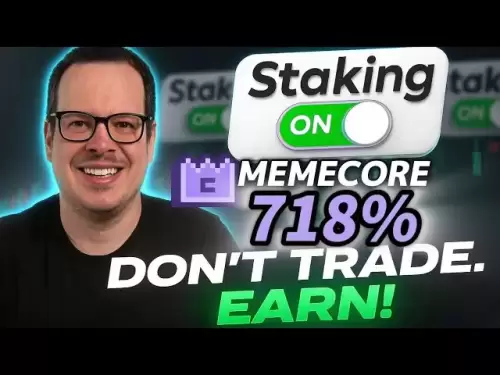-
 Bitcoin
Bitcoin $118300
1.01% -
 Ethereum
Ethereum $4215
0.69% -
 XRP
XRP $3.198
-3.83% -
 Tether USDt
Tether USDt $1.000
-0.01% -
 BNB
BNB $803.4
-0.53% -
 Solana
Solana $180.3
-0.67% -
 USDC
USDC $0.9998
-0.01% -
 Dogecoin
Dogecoin $0.2334
-1.49% -
 TRON
TRON $0.3394
0.86% -
 Cardano
Cardano $0.7980
-1.45% -
 Chainlink
Chainlink $22.19
6.65% -
 Hyperliquid
Hyperliquid $43.41
0.13% -
 Stellar
Stellar $0.4407
-3.13% -
 Sui
Sui $3.843
-2.24% -
 Bitcoin Cash
Bitcoin Cash $564.7
-3.74% -
 Hedera
Hedera $0.2588
-3.41% -
 Ethena USDe
Ethena USDe $1.001
0.00% -
 Avalanche
Avalanche $23.64
-3.37% -
 Litecoin
Litecoin $120.0
-4.01% -
 Toncoin
Toncoin $3.342
-1.11% -
 UNUS SED LEO
UNUS SED LEO $9.038
0.60% -
 Shiba Inu
Shiba Inu $0.00001347
-0.81% -
 Uniswap
Uniswap $10.69
-4.58% -
 Polkadot
Polkadot $4.034
-1.30% -
 Dai
Dai $1.000
0.01% -
 Bitget Token
Bitget Token $4.472
-1.52% -
 Cronos
Cronos $0.1571
-3.04% -
 Pepe
Pepe $0.00001207
-2.21% -
 Monero
Monero $273.8
-3.19% -
 Ethena
Ethena $0.7520
2.75%
What is the difference between Bybit's market order and limit order?
Bybit offers market orders for fast execution with potential slippage, and limit orders for price control but no fill guarantee, crucial for effective trading strategy.
Mar 27, 2025 at 04:28 pm
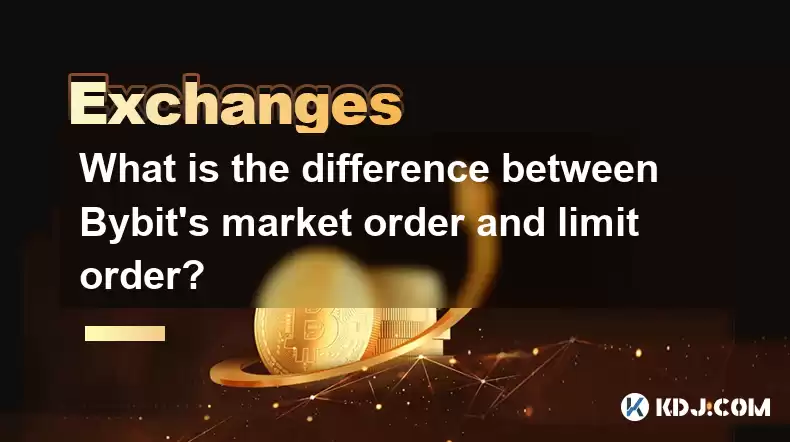
Understanding Bybit's Order Types: Market vs. Limit
Bybit, like other cryptocurrency exchanges, offers two primary order types: market orders and limit orders. Understanding the difference between these is crucial for effective trading and managing risk. Choosing the wrong order type can significantly impact your trading results. This article will delve into the specifics of each order type on the Bybit platform.
Market orders are designed for speed and execution. When you place a market order, you're instructing Bybit to execute your trade at the best available price immediately. This means you'll get your trade filled quickly, but you may not get the exact price you were hoping for. Market orders are best suited for traders who prioritize speed over price. The price slippage, the difference between the expected price and the execution price, can be significant during volatile market conditions.
Limit orders, conversely, allow you to specify the exact price at which you want your order to be executed. You set a price limit, and your order will only be filled if the market price reaches your specified limit. If the market price doesn't reach your limit before your order expires, your order will be canceled. This offers more control over the price you pay or receive, but it comes with the risk that your order may not be filled at all. Limit orders are ideal for traders who prioritize price certainty over speed.
Market Order Deep Dive: Speed and Uncertainty
A market order on Bybit guarantees immediate execution. You buy or sell at the best available price at that instant. This is advantageous in fast-moving markets where price fluctuations are rapid. However, this immediacy comes at a cost. During periods of high volatility or low liquidity, you might experience significant price slippage. This means you might pay more for a buy order or receive less for a sell order than the price you initially saw.
- Pros: Fast execution, guaranteed fill.
- Cons: Price uncertainty, potential for significant slippage, especially during volatile periods. Not ideal for large orders.
Limit Order Deep Dive: Price Control and Patience
A limit order on Bybit allows you to set a specific price at which you want to buy or sell. Your order remains open until either it's filled at your specified price or it expires. This gives you precise control over your entry and exit points. However, there's no guarantee your order will be filled. If the market price doesn't reach your limit, your order will remain unfilled and eventually be canceled. This is a more strategic approach, requiring patience and market analysis.
- Pros: Price certainty, control over entry/exit points, reduces risk of paying too much or receiving too little.
- Cons: No guarantee of execution, order may remain unfilled and expire, requires market analysis and patience.
Choosing the Right Order Type for Your Strategy
The choice between a market order and a limit order depends entirely on your trading strategy and risk tolerance. If you need to execute a trade quickly, regardless of price, a market order is the way to go. However, if you're willing to wait for a specific price, a limit order offers better price control. Consider the following factors:
- Market Volatility: In highly volatile markets, market orders are riskier due to potential slippage. Limit orders are preferable in such conditions.
- Order Size: Large orders are more susceptible to slippage with market orders. Limit orders are better suited for larger trades.
- Time Sensitivity: If you need immediate execution, a market order is necessary. If you have time to wait, a limit order is a better option.
- Price Sensitivity: If price is paramount, a limit order is the only choice.
Bybit's Order Management Features
Bybit offers several features to manage your orders effectively. These include the ability to set stop-loss orders, take-profit orders, and trailing stop orders. These tools can help you manage risk and protect your profits. Understanding these features enhances your overall trading experience. Remember to always review Bybit's documentation for the most up-to-date information on order types and management.
Frequently Asked Questions
Q: What happens if my limit order doesn't get filled?
A: If your limit order doesn't get filled before its expiration time, it will be automatically canceled. You will not have a position opened.
Q: Can I cancel a market order after it's placed?
A: Generally, once a market order is placed, it's executed almost instantly. There's usually no opportunity to cancel it.
Q: Are there any fees associated with market or limit orders on Bybit?
A: Yes, Bybit charges trading fees on both market and limit orders. The exact fee structure depends on your trading volume and the specific trading pair. Check Bybit's fee schedule for the latest information.
Q: Which order type is better for scalping?
A: Market orders are generally preferred for scalping due to their speed of execution. However, the risk of slippage should always be considered.
Q: What is the difference between a limit order and a stop-limit order on Bybit?
A: A limit order is executed only when the market price reaches your specified price. A stop-limit order is triggered when the market price reaches a specific stop price, then it becomes a limit order, executing only if the market price reaches your specified limit price.
Q: How do I set an expiration time for my limit order on Bybit?
A: Bybit allows you to set an expiration time for your limit orders. The specific method may vary depending on the interface, but usually, you will find an option to specify the duration or a specific time for your order to expire. Check Bybit's platform for the exact instructions.
Disclaimer:info@kdj.com
The information provided is not trading advice. kdj.com does not assume any responsibility for any investments made based on the information provided in this article. Cryptocurrencies are highly volatile and it is highly recommended that you invest with caution after thorough research!
If you believe that the content used on this website infringes your copyright, please contact us immediately (info@kdj.com) and we will delete it promptly.
- Bitcoin's Performance and Scalability: Can Layer-2 Solutions Keep Up?
- 2025-08-11 00:30:14
- Nexchain, WeWake, and the 2025 Crypto Presale Buzz: What's the Deal?
- 2025-08-11 00:30:14
- Altcoin Dominance, Bull Run, and Blockchain Forecasts: Is AVAX the Sleeper?
- 2025-08-10 22:30:14
- Pi Coin: Crypto Disappointment or Opportunity to Recoup Losses?
- 2025-08-10 22:30:14
- Crypto Presales: Unlocking Generational Wealth with the Best Coins in 2025
- 2025-08-10 22:50:14
- PEPE, Unilabs, and Fundraising: Crypto's Dynamic Duo?
- 2025-08-10 22:55:21
Related knowledge
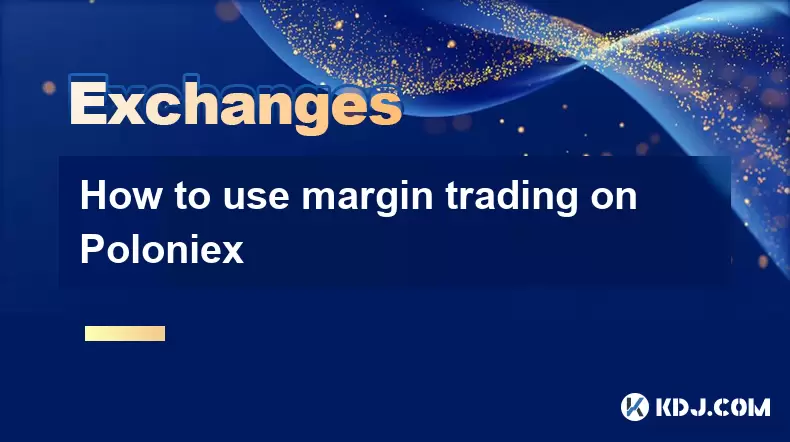
How to use margin trading on Poloniex
Aug 08,2025 at 09:50am
Understanding Margin Trading on Poloniex
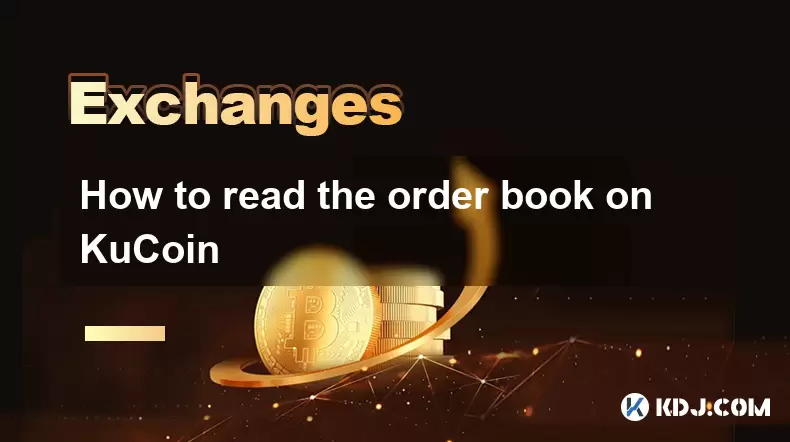
How to read the order book on KuCoin
Aug 10,2025 at 03:21pm
Understanding the Order Book Interface on KuCoinWhen accessing the order book on KuCoin, users are presented with a real-time display of buy and sell ...
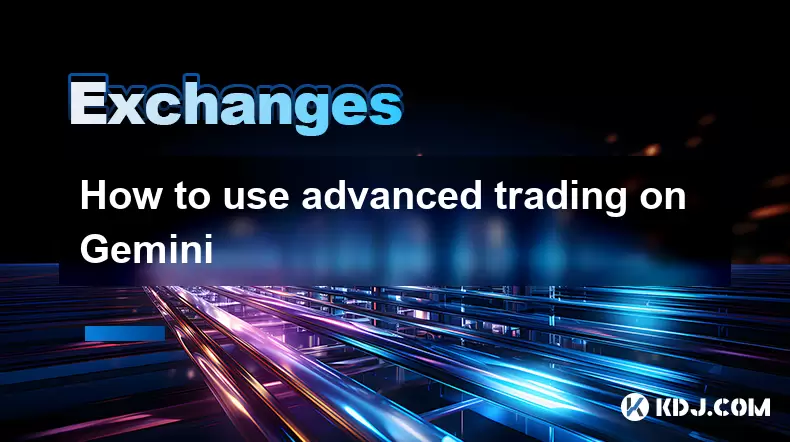
How to use advanced trading on Gemini
Aug 08,2025 at 04:07am
Understanding Advanced Trading on GeminiAdvanced trading on Gemini refers to a suite of tools and order types designed for experienced traders who wan...
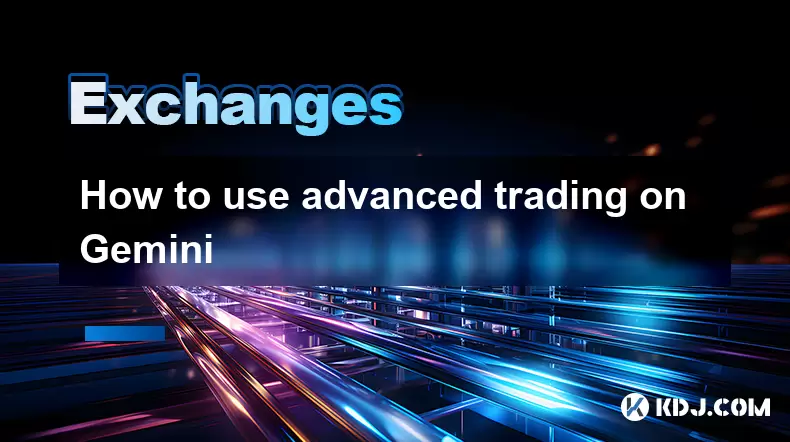
How to use advanced trading on Gemini
Aug 08,2025 at 10:56pm
Understanding Advanced Trading on GeminiAdvanced trading on Gemini refers to the suite of tools and order types available on the Gemini ActiveTrader p...
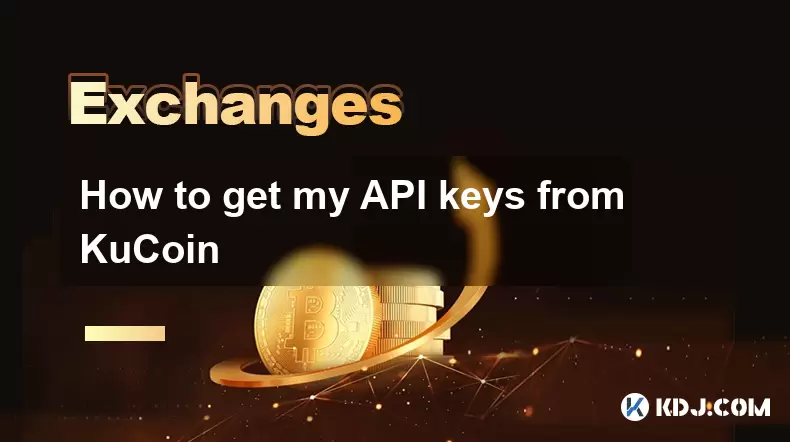
How to get my API keys from KuCoin
Aug 08,2025 at 06:50pm
Understanding API Keys on KuCoinAPI keys are essential tools for users who want to interact with KuCoin's trading platform programmatically. These key...
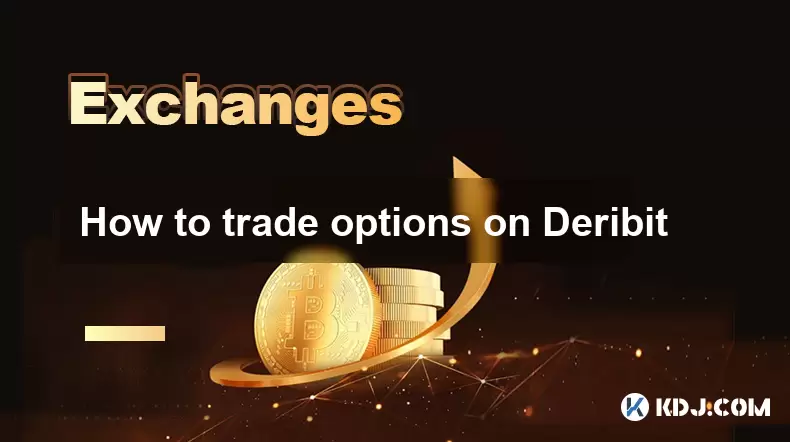
How to trade options on Deribit
Aug 09,2025 at 01:42am
Understanding Deribit and Its Options MarketDeribit is a leading cryptocurrency derivatives exchange that specializes in Bitcoin (BTC) and Ethereum (E...

How to use margin trading on Poloniex
Aug 08,2025 at 09:50am
Understanding Margin Trading on Poloniex

How to read the order book on KuCoin
Aug 10,2025 at 03:21pm
Understanding the Order Book Interface on KuCoinWhen accessing the order book on KuCoin, users are presented with a real-time display of buy and sell ...

How to use advanced trading on Gemini
Aug 08,2025 at 04:07am
Understanding Advanced Trading on GeminiAdvanced trading on Gemini refers to a suite of tools and order types designed for experienced traders who wan...

How to use advanced trading on Gemini
Aug 08,2025 at 10:56pm
Understanding Advanced Trading on GeminiAdvanced trading on Gemini refers to the suite of tools and order types available on the Gemini ActiveTrader p...

How to get my API keys from KuCoin
Aug 08,2025 at 06:50pm
Understanding API Keys on KuCoinAPI keys are essential tools for users who want to interact with KuCoin's trading platform programmatically. These key...

How to trade options on Deribit
Aug 09,2025 at 01:42am
Understanding Deribit and Its Options MarketDeribit is a leading cryptocurrency derivatives exchange that specializes in Bitcoin (BTC) and Ethereum (E...
See all articles





















